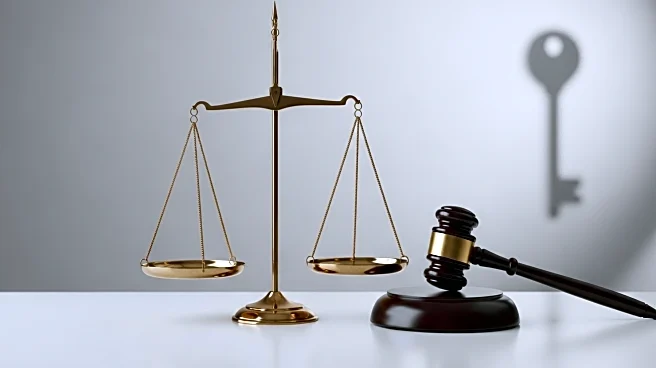What's Happening?
The Fair Debt Collection Practices Act (FDCPA) provides consumers with specific protections against abusive practices by debt collectors. As economic challenges persist, with rising credit card balances and default rates, many borrowers are facing increased debt collection efforts. The FDCPA ensures that debt collectors cannot use abusive, deceptive, or unfair tactics, such as threats of arrest or harassment. Borrowers have the right to demand proof of debt, dispute inaccuracies, and control how collectors communicate with them. These rights are crucial for protecting consumers from paying invalid debts and navigating debt collection processes more confidently.
Why It's Important?
Understanding and exercising rights under the FDCPA is vital for consumers, especially during economic downturns when debt collection activities intensify. These protections help prevent harassment and ensure fair treatment, which is essential for maintaining consumer confidence and financial stability. By knowing their rights, borrowers can avoid paying debts they do not owe and negotiate fair resolutions. This knowledge empowers consumers to manage their financial obligations more effectively and reduces the risk of financial exploitation by unscrupulous debt collectors.
Beyond the Headlines
The emphasis on borrowers' rights also highlights the broader issue of financial literacy and consumer protection. As debt collection practices evolve with digital communication, ensuring that consumers are informed about their rights becomes increasingly important. This situation may lead to increased advocacy for stronger consumer protection laws and educational initiatives to enhance financial literacy. Additionally, it underscores the need for regulatory oversight to ensure compliance with existing laws and protect consumers from emerging threats in the debt collection landscape.











